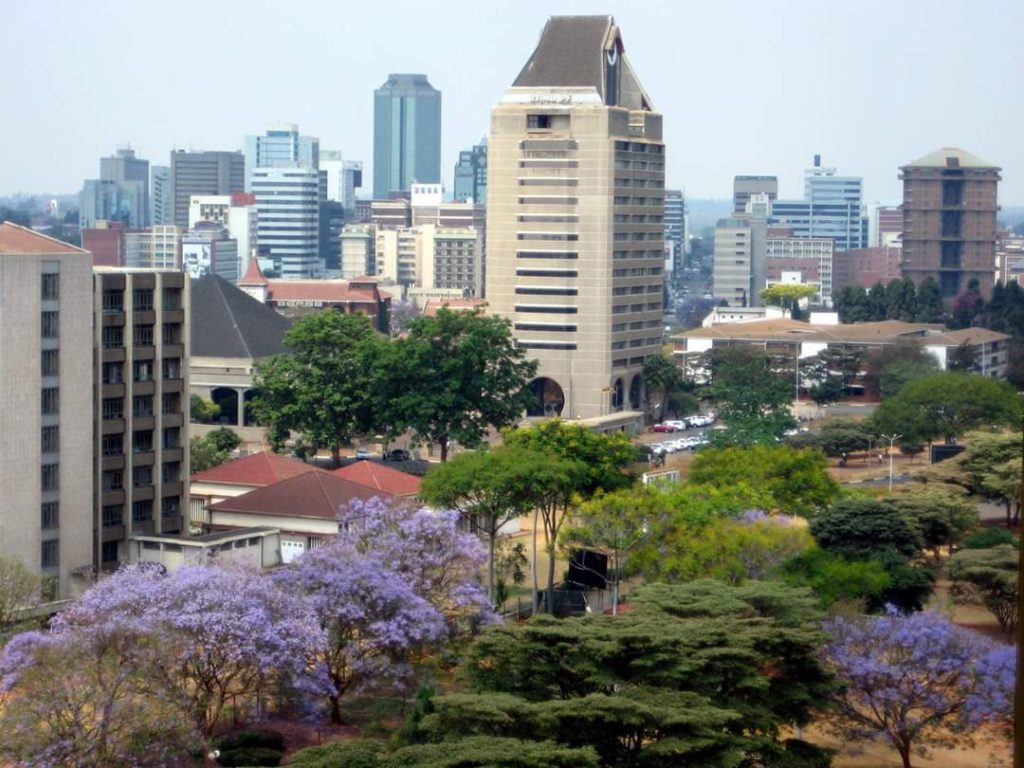–Zimbabwe Standard
Harnessing Zimbabwe’s abundant renewable energy resources is key to helping the country support its development strategies and leapfrog towards low-carbon socio-economic progress.
Energy is increasingly being recognised as a prerequisite for human development: it’s surprising that it took the world so long a time to acknowledge this reality. Fortunately, it is now enshrined in the Sustainable Development Goals (SDGs). Specifically SDG number 7 acknowledges that ensuring access to affordable, reliable, sustainable and modern energy for all is fundamental to achieving all the other SDG goals.
For many people in Zimbabwe, particularly in the rural areas, access to energy remains a pipe dream. According to Unicef, access to electricity is low with 40% of the population being connected. There are huge disparities between rural and urban areas with 83% of urban households being connected to electricity compared to 13% in rural areas. Rural communities get 94% of their energy requirements from traditional fuels, mainly fuel wood.
Without access to energy, rural communities cannot grow economically, opportunities are limited, and health services severely curtailed. Women often bear the brunt of meeting household energy needs and are forced to walk long distances in search of firewood denying them an opportunity to live to the best of their potential.
Having no electricity or clean, efficient ways to cook brings especially tough challenges for women, including particular risks to their health. More people die prematurely from illnesses caused directly by smoke from open fires or inefficient stoves burning traditional solid fuels than from HIV and Aids, tuberculosis and malaria combined. The majority are women and children, who spend the most time around the household hearth.
It is a welcome development that the government of Zimbabwe has been developing a number of policy frameworks to enhance energy investment and access and these include the Renewable Energy Policy, Rural Energy Master Plan, Renewable Energy Readiness Assessment among others. But much more needs to be done.
For Zimbabwe to meet its energy needs — and in a way that is sustainable — huge levels of finance are required to boost its decentralised energy sector. Decentralised technologies which are smaller, faster, and require different financing models to the traditional grid need to be prioritised if we are to increase access to energy for citizens over the next decade.
Renewable-powered off-grid systems can help increase rural communities’ access to affordable energy supplies. To enable this requires a radical shift in policymaking, thinking and action.
Providing sustainable energy for everyone in the truest sense requires an investment in off-grid integrated renewable energy systems. Renewables are the only convincing and affordable solution to provide underserved communities that are far from existing grids with access to modern energy services.
A rapid transition to 100% renewable electricity generation is both technically possible and socioeconomically beneficial. To support this transition, we need to scale up prototypes that have proved successful both at local level and in other countries across the globe. There is also a need to improve knowledge and communication especially simplifying the language around renewables which has traditionally couched in scientific terms.
Rather than simply by counting numbers of connections and megawatts generated, we need to focus on how decentralised energy systems can impact lives and livelihoods.
